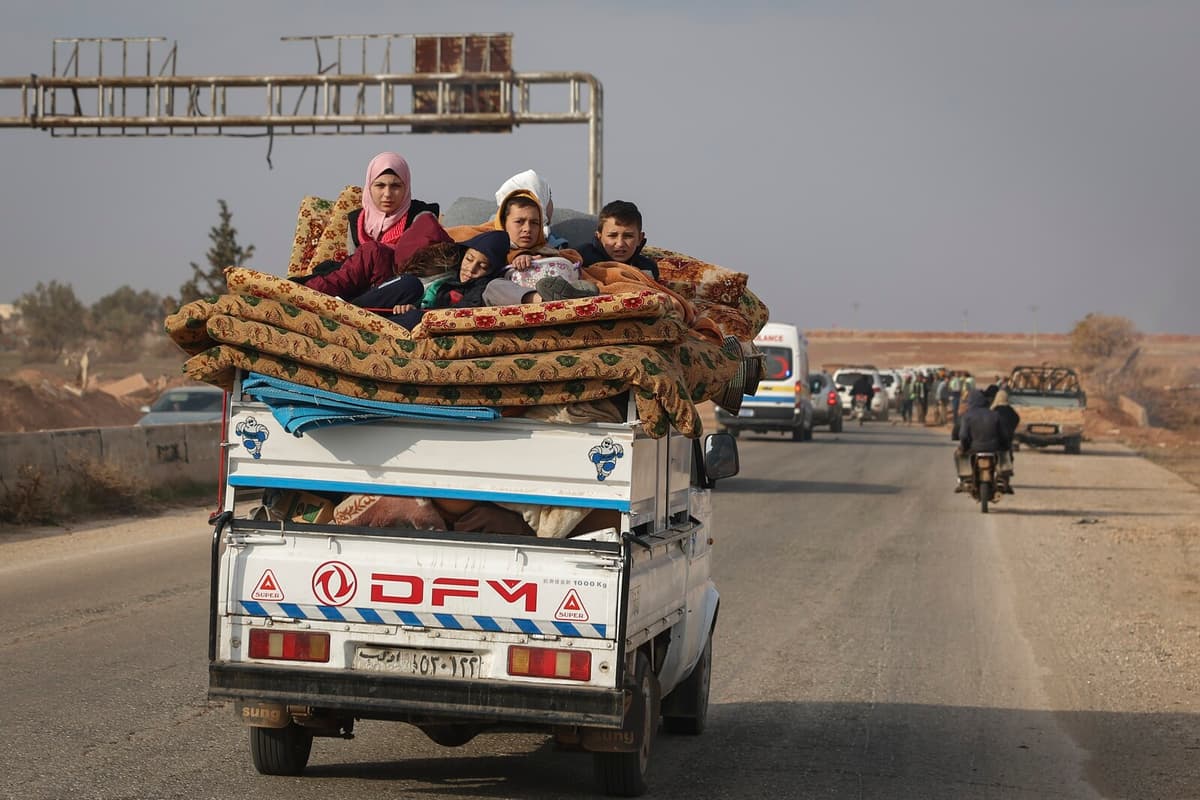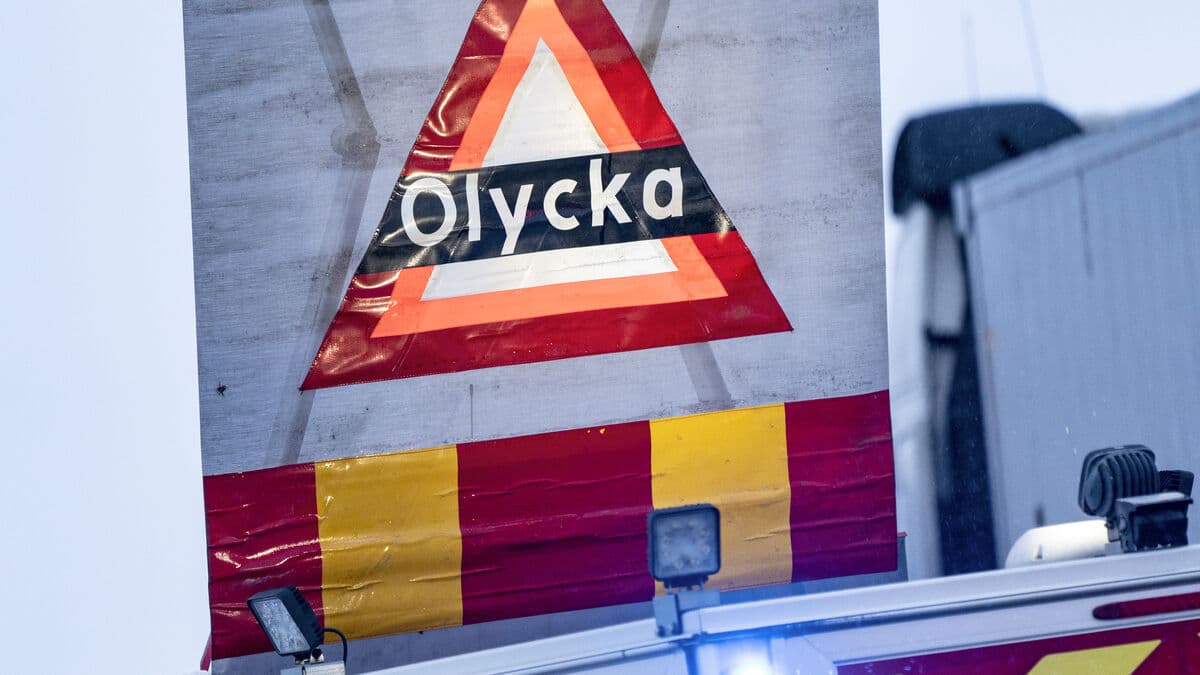The positions in Syria have long been locked. But on Wednesday, November 27, Hayat Tahrir al-Sham (HTS) launched a surprise attack on dictator Bashar al-Assad's army in the province of Aleppo. Hundreds of people were killed in the battles.
On November 29, rebel groups advanced towards government-controlled Aleppo. During the day, reports emerged that they had entered the metropolis. The groups also claimed to have taken control of around 50 government-controlled cities and villages.
On Saturday, November 30, the Assad regime acknowledged that the enemy had broken into the million-city. The regime was reported to be trying to counter the offensive from the air, and was allegedly receiving help from Russian fighter jets to bomb Aleppo.
On December 2, Russian and Syrian warplanes launched a counterattack in northwestern Syria, where Islamist-led rebel forces were advancing.
On December 3, reports emerged that HTS was advancing south towards the country's fourth-largest city, Hama.
After three days of intense fighting, it was clear on Thursday, December 5, that the jihadists had taken control of Hama, which was confirmed by regime forces.
On Friday, HTS approached the city of Homs, while thousands of civilians fled. On the same day, a Kurdish commander announced that the terrorist group IS was advancing in eastern Syria. Regime forces were also reported to be retreating from parts of Homs and had lost control of southern Daraa and eastern Dayr al-Zor. The village of Quneitra in the Golan Heights, near the Israeli border, was also said to have been captured.
On Saturday, Islamist rebel forces were reported to have entered Homs and also reached the outskirts of the capital Damascus. Reports that al-Assad had fled the capital were denied by the presidential office.
Syria's President Bashar al-Assad remains in power after the devastating civil war, which was triggered by the Arab Spring in 2011, has ravaged large parts of the country. Al-Assad has continued to receive support from Russia, Iran, and Shia militias in the region. Currently, however, his allies are largely tied up in other wars and conflicts.
The wars just to the west, in Gaza and Lebanon, have in some ways spilled over into Syria, as Israel has stepped up airstrikes against targets in Syria.
The Assad regime has limited control over Syria's territory, as Kurdish forces maintain self-rule in the northeast and another collection of rebel forces hold areas in the north and northwest, largely with support from Turkey.
Aleppo was Syria's largest city before the outbreak of war in 2011, but in a long and bloody siege, large parts of it were reduced to ruins by indiscriminate Russian airstrikes. In 2016, government forces regained control of the city, which became a clear turning point in the war.






